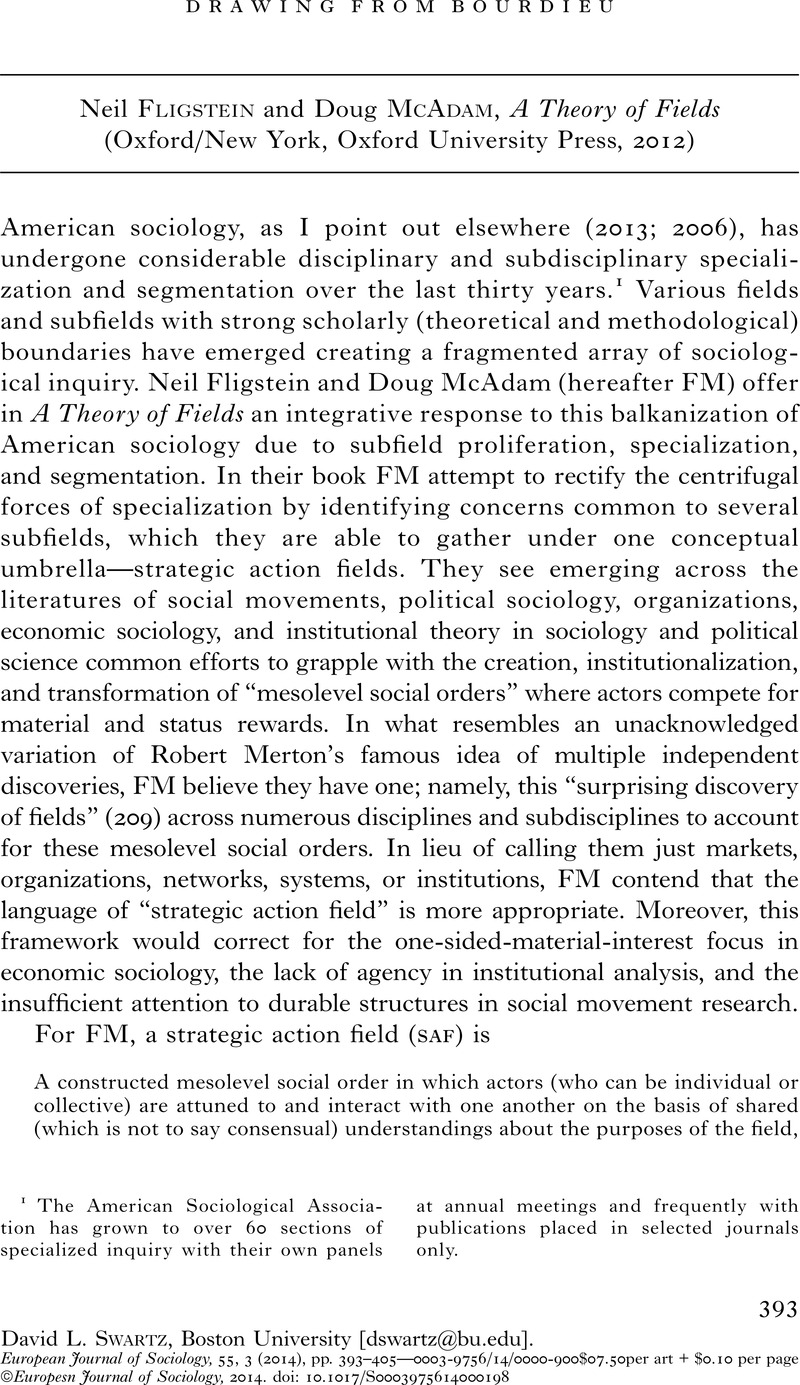Crossref Citations
This article has been cited by the following publications. This list is generated based on data provided by Crossref.
Georgakakis, Didier
2022.
Ce que la théorie des champs nous dit de l’administration européenne (I). Un retour réflexif sur le champ de l’eurocratie.
Revue française d'administration publique,
Vol. N° 180,
Issue. 4,
p.
883.





